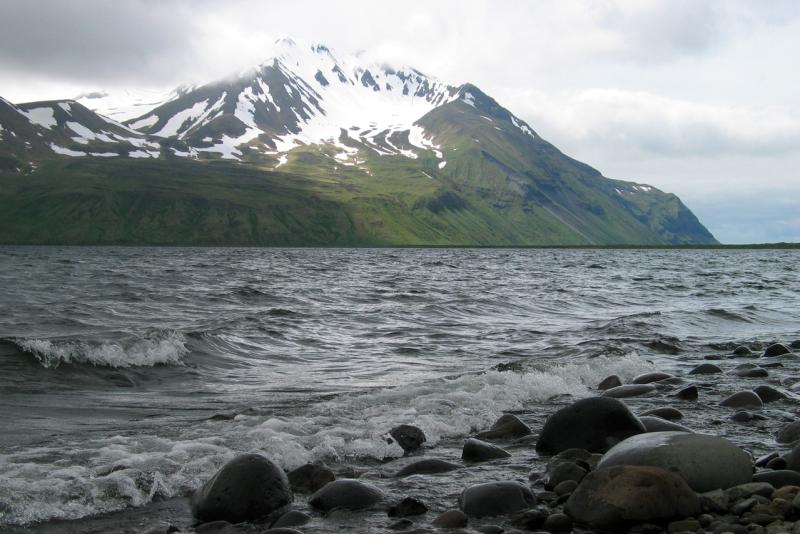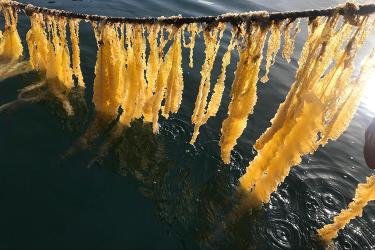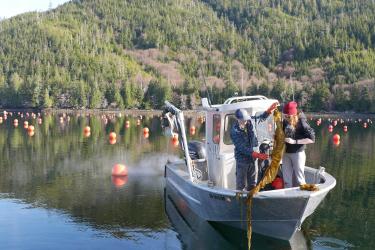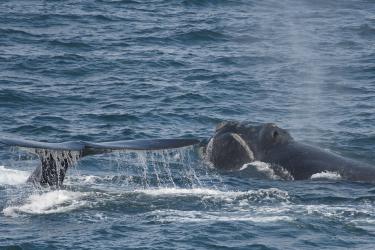The Bering Sea is home to some of the nation's largest and most profitable commercial fisheries, including Alaskan pollock and Pacific cod. It's also one of the fastest warming parts of the world, with fish stocks becoming increasingly vulnerable to marine heat waves, the loss of sea ice, low-oxygen waters, harmful algal blooms, and other conditions that stress species, ecosystems, and economies.

Environmental changes in this area are happening so rapidly that researchers are continuously seeking ways to deliver more timely and actionable information on changing ocean conditions to help resource managers, commercial and recreational fishermen, Alaska Native communities, and coastal communities prepare and respond.
For this reason, NOAA scientists selected the Bering Sea as a testbed for what they hope will be a system that provides decision-makers with robust projections of ocean and fisheries conditions over short-term (daily or annual), medium-range (1–20 years), and long-run (10–50 years) scenarios, and then evaluates how different fishery management strategies might perform under those future conditions.
“Unlike other modeling approaches, we not only look at how climate change affects the marine environment but also the people who rely on it,” said Kirstin Holsman, who along with Anne Hollowed, has co-led a team of more than two dozen researchers from NOAA Fisheries, NOAA Research, the University of Washington, and other partner agencies in this effort. “Fisheries managers and affected communities across the United States. are interested in the impacts and opportunities that are associated with changing oceans. It is our hope that this strategy will help them achieve their immediate needs and long-term sustainability goals.”



